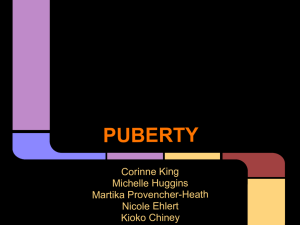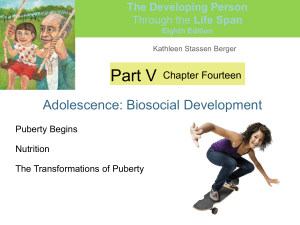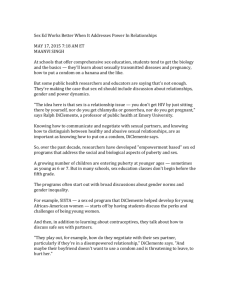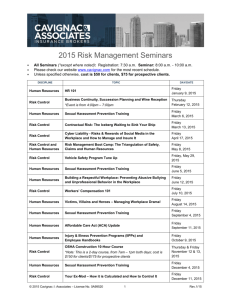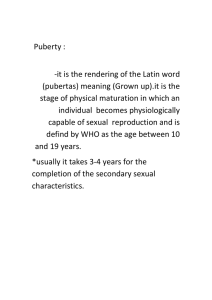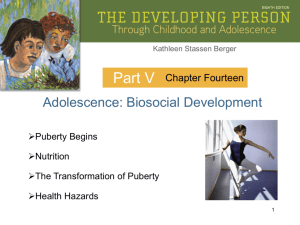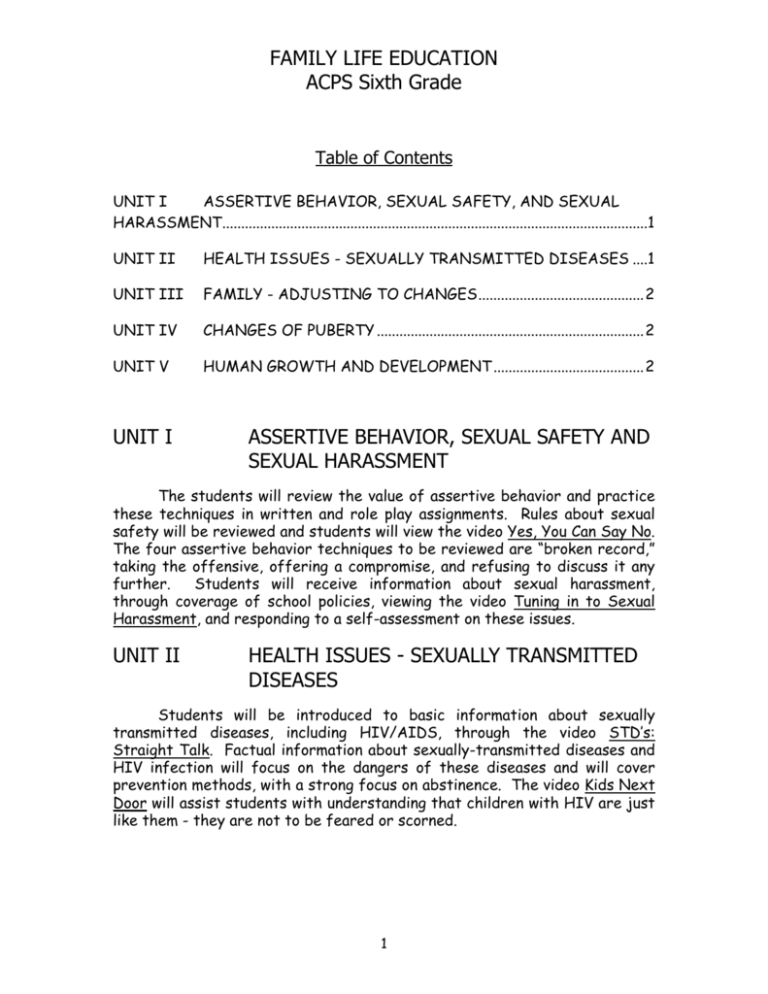
FAMILY LIFE EDUCATION
ACPS Sixth Grade
Table of Contents
UNIT I
ASSERTIVE BEHAVIOR, SEXUAL SAFETY, AND SEXUAL
HARASSMENT.................................................................................................................1
UNIT II
HEALTH ISSUES - SEXUALLY TRANSMITTED DISEASES ....1
UNIT III
FAMILY - ADJUSTING TO CHANGES............................................ 2
UNIT IV
CHANGES OF PUBERTY ....................................................................... 2
UNIT V
HUMAN GROWTH AND DEVELOPMENT ........................................ 2
UNIT I
ASSERTIVE BEHAVIOR, SEXUAL SAFETY AND
SEXUAL HARASSMENT
The students will review the value of assertive behavior and practice
these techniques in written and role play assignments. Rules about sexual
safety will be reviewed and students will view the video Yes, You Can Say No.
The four assertive behavior techniques to be reviewed are “broken record,”
taking the offensive, offering a compromise, and refusing to discuss it any
further.
Students will receive information about sexual harassment,
through coverage of school policies, viewing the video Tuning in to Sexual
Harassment, and responding to a self-assessment on these issues.
UNIT II
HEALTH ISSUES - SEXUALLY TRANSMITTED
DISEASES
Students will be introduced to basic information about sexually
transmitted diseases, including HIV/AIDS, through the video STD’s:
Straight Talk. Factual information about sexually-transmitted diseases and
HIV infection will focus on the dangers of these diseases and will cover
prevention methods, with a strong focus on abstinence. The video Kids Next
Door will assist students with understanding that children with HIV are just
like them - they are not to be feared or scorned.
1
FAMILY LIFE EDUCATION
ACPS Sixth Grade
UNIT III
FAMILY - ADJUSTING TO CHANGES
The unit on FAMILY is designed to help youth understand the changes
that can take place in a family, such as the addition of children, separation,
divorce, and remarriage and the blending of two families into one. The films
My Mother and Father Are Getting Divorced and Oh, Boy, Babies! help
deliver these concepts to students.
UNIT IV
CHANGES OF PUBERTY
Students will review and extend their knowledge of the female and
male reproductive systems and the changes that occur in puberty. The video
Talking Real about Puberty: Bodies in Progress reviews the physical and
emotional changes that occur during puberty and helps students realize that
this is a normal process that every person goes through during adolescence.
Another video, Dear Diary, is used to help students understand that the
rate of development (puberty changes) varies and is unpredictable in terms
of time, and that physical and emotional changes cannot be rushed; instead
all people should appreciate themselves at whatever stage they are in. The
reproductive systems of males and females are reviewed and a written test
will be given at the end of this unit.
UNIT V
HUMAN GROWTH AND DEVELOPMENT
Students will gain understanding of the changes they may experience
as they grow older - changes in feelings, changes in relationships and even
changes in health needs. The video Where Do Teenagers Come From?
illustrates some common experiences and feelings of teenagers, such as
mood swings, concern about physical appearances, desire for acceptance by
peers and older adolescents, desire to be attractive to others, and
adjustment to changing roles or responsibilities in the family. Students are
given questionnaires to use in interviewing a parent or adult family member
about what the parent or guardian wants or expects for their child in terms
of their future. The students can consider the questionnaire responses in
setting some goals and plans for their own futures.
2



